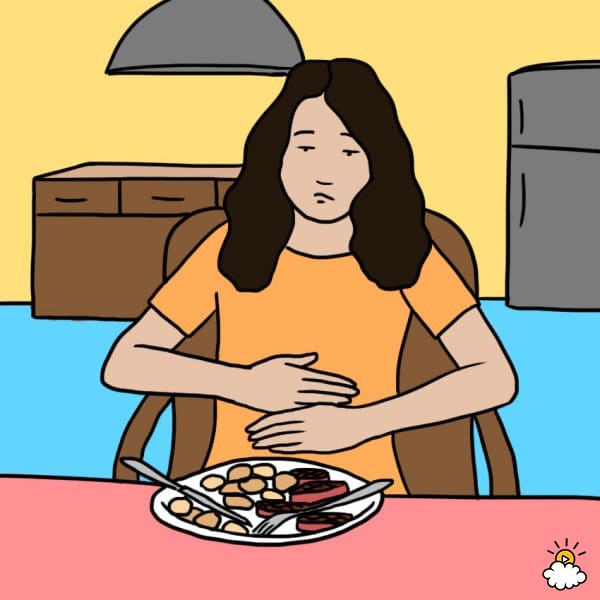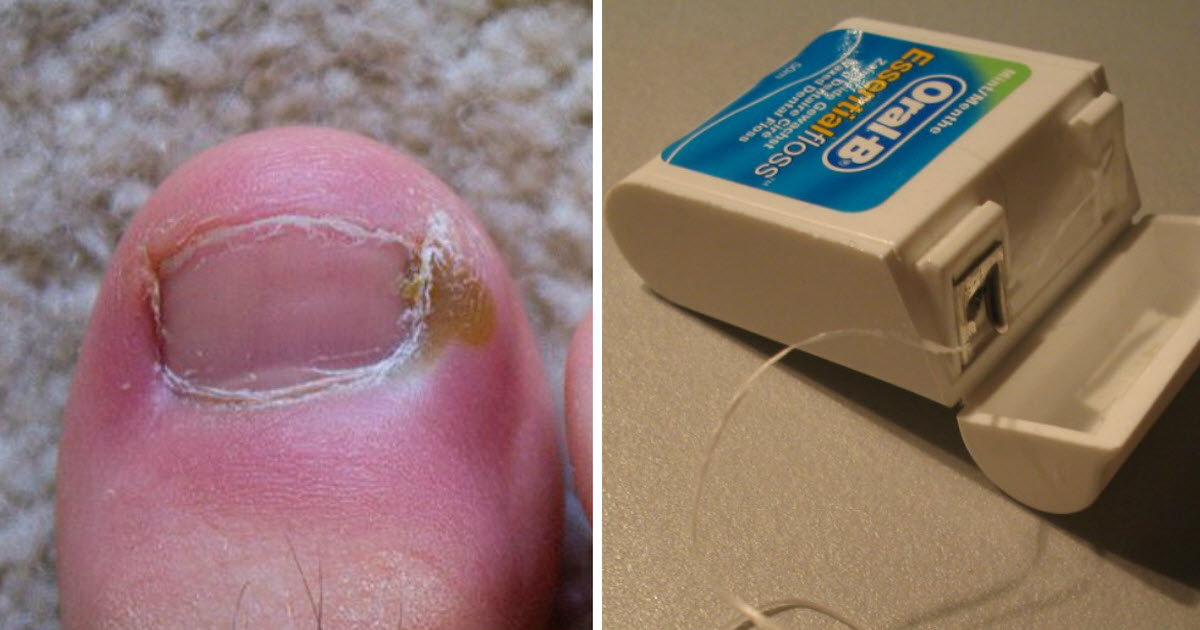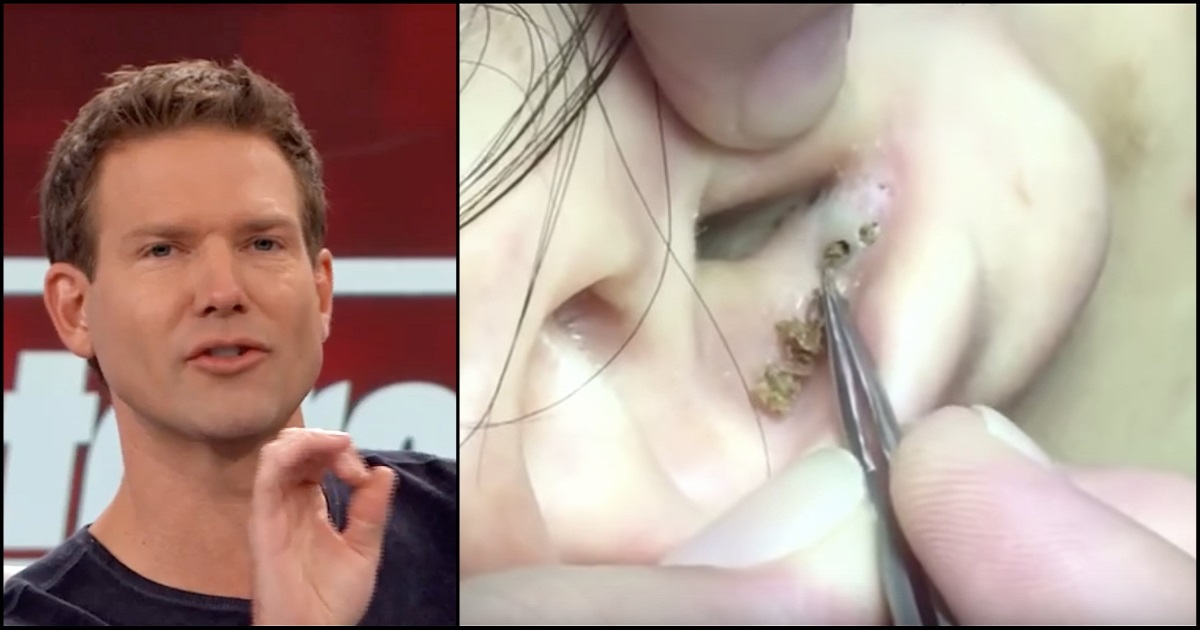Every year, more than 50,000 Americans are diagnosed with pancreatic cancer.
The pancreas is a gland in the digestive system that produces enzymes to break down food. Pancreatic cancer is a disease where malignant cells develop in the organ’s tissues.
It’s incredibly important that everyone know the early signs of this lethal disease. Much like cervical cancer, the earliest symptoms can be easy to mix up.
As a result, pancreatic cancer is often caught too late. That’s why it’s so important to keep an eye out for significant red flags.
The mild early symptoms of the disease often show up in your digestive system and in how you process food. These subtle stomach dilemmas might be your first warning sign that something is amiss.
Scroll through to learn about the early signs of pancreatic cancer. If you notice any of them, you should contact your doctor right away for a checkup.
Sign #1: Unexpected Diabetes Diagnosis

Diabetes is a disease where the body doesn’t produce enough insulin and stops being able to regulate blood sugar.
It’s a common illness that comes in many different forms, but an abrupt diagnosis as an adult might be a sign of the first stages of pancreatic cancer.
Since a problem in the pancreas might cause insulin issues, you should ask your doctor to rule out pancreatic cancer if you get an unexpected diabetes diagnosis.
Sign #2: Itchy Hands And Feet

“Even a small pancreatic tumor can block the bile duct,” according to Caring.com. If the duct is blocked, bile starts to build up in the body.
When there’s too much bile in the blood, it starts to create compounds in the blood that can’t be broken down.
These compounds accumulate in the hands and feet, which might make your palms and the soles of the feet persistently itchy.
Sign #3: Yellowing Eyes

The buildup of bile in the bloodstream is also called jaundice. This causes a lot of other symptoms beyond itchy palms and feet.
Bile has a bright yellow pigment, and it can show up in the whites of the eyes.
This is another sign that a blockage, such as a small pancreatic tumor, might be developing in the pancreas.
Sign #4: Gnawing Pain In Belly

Abdominal pain is a common symptom with a lot of different causes.
Pain that radiates out from the pancreas is often described as “gnawing,” a bit like a hunger pain.
People who have had pancreatic cancer also report that the pain tends to go away when they lean forward.
Sign #5: Strange Stools

Your poop might provide one of the earliest clues to a problem developing in the pancreas.
If bile isn’t being processed properly, your bowel movements won’t be their normal brown color.
Instead, they’ll look pale and clay-colored, which is a symptom you always want to bring to your doctor.
Sign #6: Sudden Weight Loss

Weight loss is welcome if you’re trying to work off those last 10 pounds, but it can be an alarming red flag if you aren’t trying to drop any weight at all.
If a pancreatic tumor is developing, it may prevent your body from digesting food thoroughly.
That means that fat and sugar might pass right through your system without sticking, though essential nutrients also aren’t making it into your body.
Sign #7: Cravings Disappear

If you have always craved chocolate or cheese, and then suddenly lose your taste for them, you should pay close attention.
If your pancreas stops producing the regular digestive enzymes, it might also change your appetite.
In addition to feeling nauseated, you might find those specific foods you used to crave no longer taste nearly as delicious.
Sign #8: No Appetite

Pancreatic cancer doesn’t just cause cravings to disappear, it might make your whole appetite go up in smoke too.
You might feel hungry, then find that you’re completely full after just a bite or two. That’s because the lack of digestive enzymes can shut down your whole system and confuse your stomach.
If you notice any of these symptoms, it’s important that you get in touch with your doctor right away.
This is especially true if you’re experiencing multiple symptoms all at once since every early warning sign might help your doctor find a diagnosis.
If you know someone who might like this, please click “Share!”


